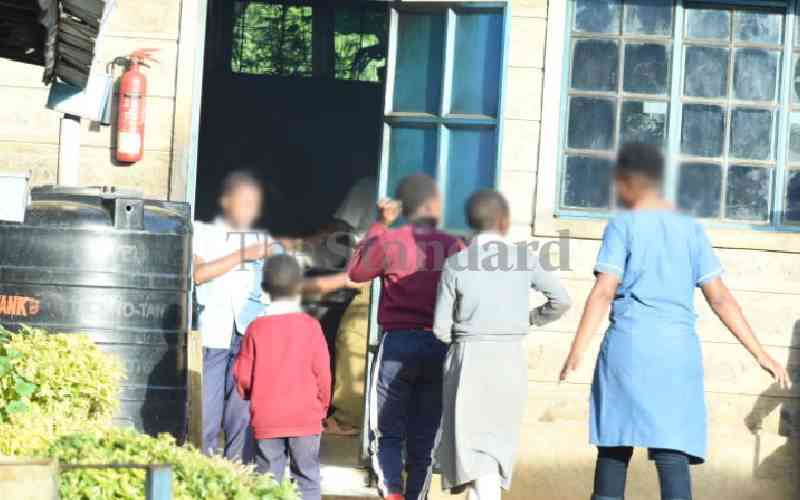×
The Standard e-Paper
Fearless, Trusted News

Three years since *Celina decided to apply be a foster parent of *Stella, she recounted the journey she took to integrate her into her family in 2021.
It was a challenging period of adjustment as the then six-year-old struggled to fit into a family set-up after spending several years in a children's home.